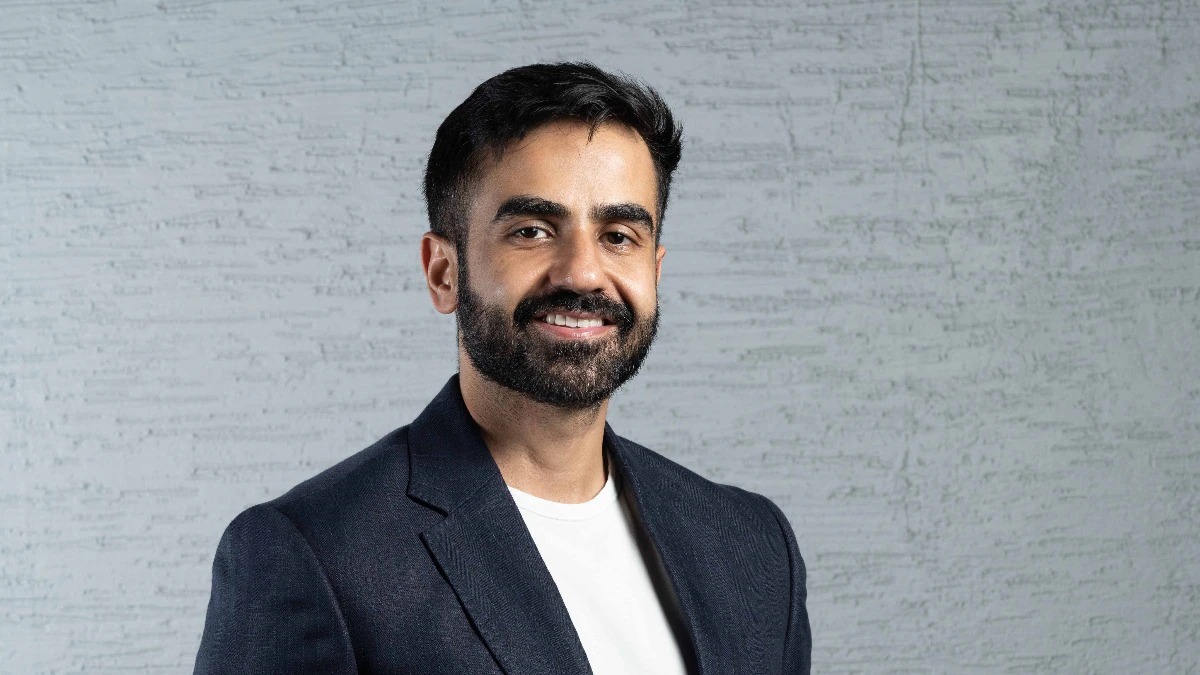 Image Source : ISFM
Image Source : ISFM
In a country where academic credentials often define success, Nikhil Kamath’s journey stands out as a radical exception. A school dropout who never completed his Class 10 board exams, Kamath went on to co-found Zerodha, India’s largest retail stock brokerage, and later True Beacon, a wealth management firm. Today, his business empire is valued at over Rs 23,000 crore, and he is widely recognized as India’s youngest self-made billionaire.
Kamath’s story is not just about financial success—it’s a testament to resilience, unconventional thinking, and the power of self-education. His rise from a call center employee earning Rs 8,000 a month to a financial disruptor reshaping India’s investment landscape is inspiring a new generation of entrepreneurs.
Key Highlights From Kamath’s Journey
- Dropped out of school before Class 10 and never pursued formal higher education
- Started trading stocks while working night shifts at a call center
- Co-founded Zerodha in 2010 with brother Nithin Kamath, now serving over one crore users
- Launched True Beacon in 2020 to cater to ultra-high-net-worth individuals
- Estimated net worth exceeds USD 3.45 billion as of 2024, according to Forbes
Early Hustle And First Ventures
Kamath’s entrepreneurial instincts surfaced early. At age 14, he began buying and selling mobile phones for profit, a venture that ended abruptly when his mother flushed his inventory down the toilet. Undeterred, he took up a job at a call center, working night shifts while teaching himself stock trading during the day.
He soon began managing investments for his colleagues, earning more in commissions than his salary. This experience laid the foundation for his understanding of market behavior, risk, and investor psychology—skills that would later define his business model.
The Birth Of Zerodha
In 2010, Kamath and his brother launched Zerodha with a simple goal: to democratize trading by eliminating high brokerage fees and making investing accessible to everyday Indians. The name itself is a blend of “zero” and “rodha,” the Sanskrit word for barrier.
Zerodha’s flat-fee model, intuitive interface, and educational content quickly attracted users. The platform now handles millions of trades daily and has become a benchmark for fintech innovation in India. Despite its scale, Zerodha remains bootstrapped, with no external funding—a rarity in the startup world.
True Beacon And Wealth Management
Kamath’s second venture, True Beacon, targets India’s elite investors with a transparent, performance-linked fee structure. The firm manages portfolios for high-net-worth individuals and institutional clients, offering bespoke strategies that blend traditional and alternative assets.
True Beacon reflects Kamath’s belief in breaking financial norms and creating value through simplicity and trust. It also complements Zerodha’s retail focus by addressing the needs of India’s growing affluent class.
Philosophy And Hiring Practices
Kamath’s approach to business is refreshingly contrarian. He has publicly stated that he avoids hiring graduates from top institutions like IITs and IIMs, believing they often prioritize pedigree over performance. Instead, he looks for curiosity, adaptability, and a willingness to learn—traits he considers more valuable than degrees.
His own journey underscores this philosophy. Kamath credits failure as his greatest teacher and continues to learn from colleagues, competitors, and market shifts.
Looking Ahead
With Zerodha and True Beacon thriving, Kamath is now exploring new ventures in financial education, AI-driven advisory, and social impact. He remains vocal about mental health, financial literacy, and the need to rethink traditional success metrics.
As India’s startup ecosystem matures, Kamath’s story offers a compelling counter-narrative—one that champions grit over grades and innovation over inheritance. His Rs 23,000 crore empire is not just a business achievement; it’s a blueprint for redefining ambition in the modern age.
Sources: Times Now, Moneycontrol
Advertisement
Advertisement







